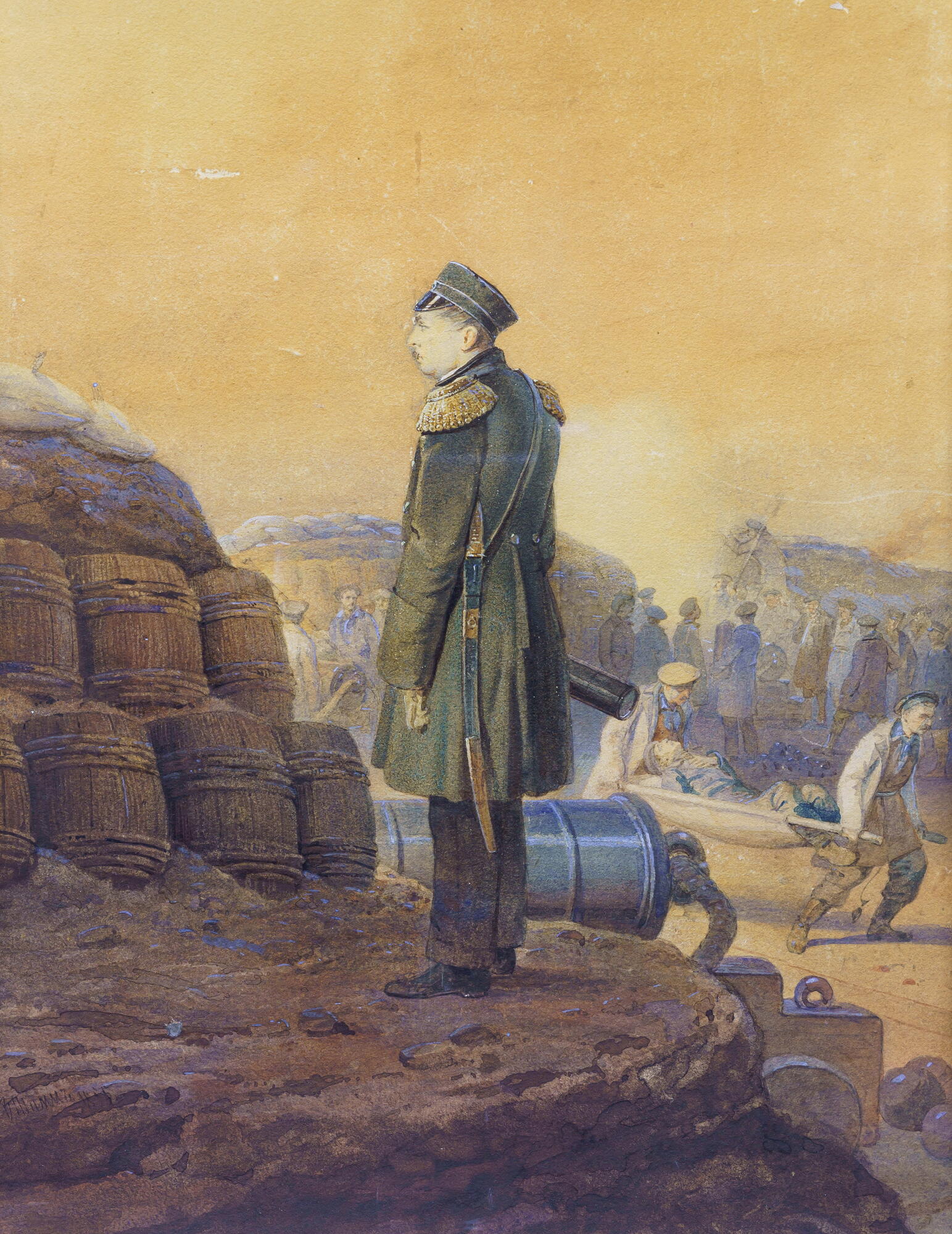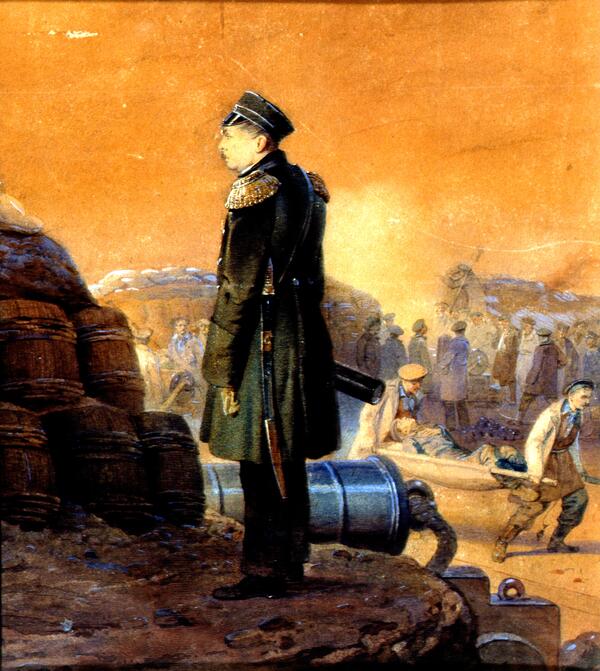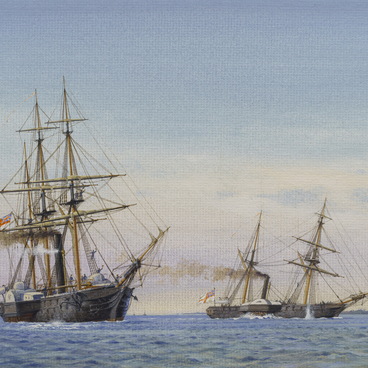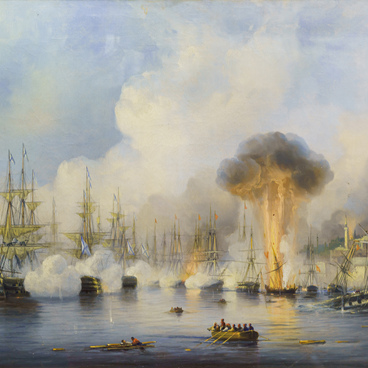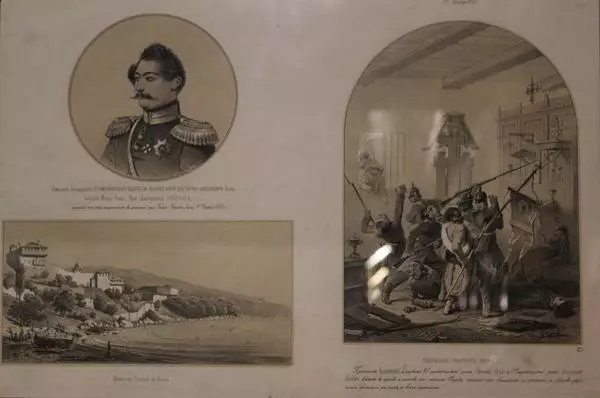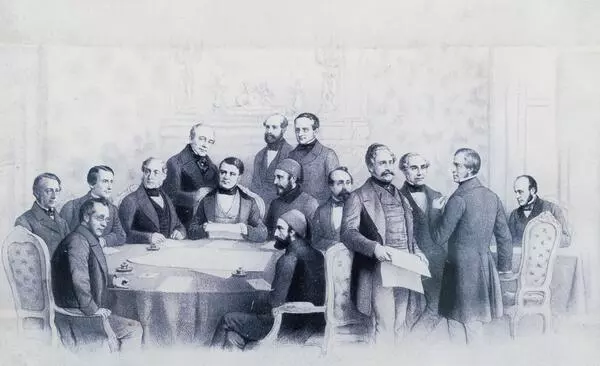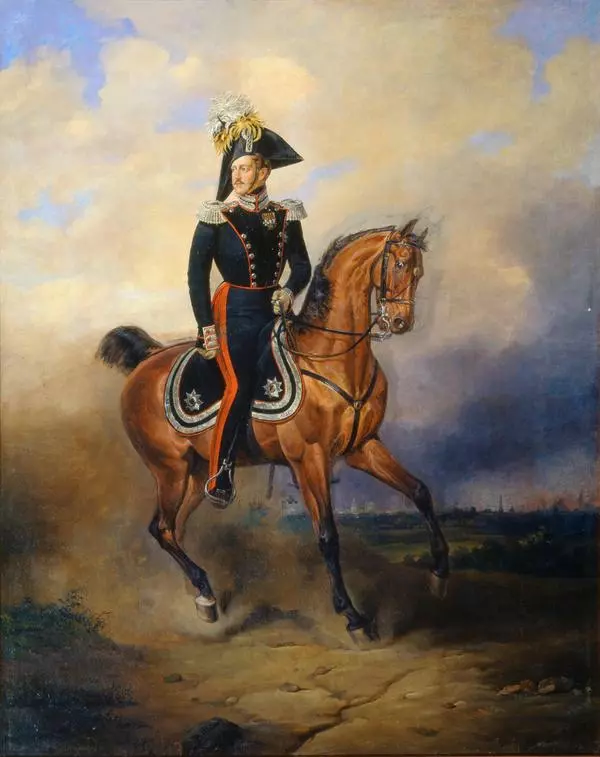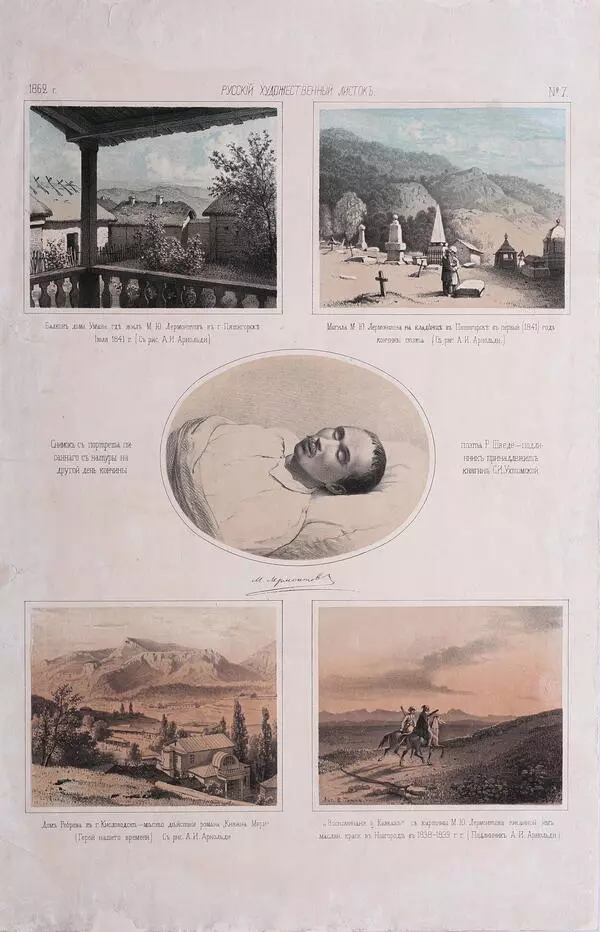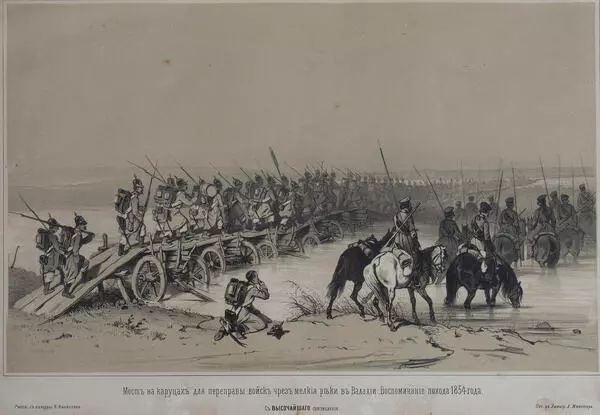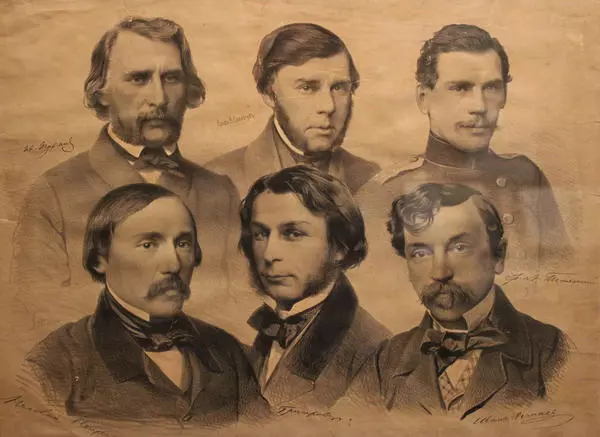Pavel Stepanovich Nakhimov (1802–1855) was a prominent Russian naval commander. He demonstrated his exceptional talent as a military leader and naval commander to the full extent during the Crimean War of 1853–1856. In the position of a squadron commander, and after February 1855 — the military governor and commander of the port of Sevastopol, Nakhimov showed outstanding abilities in organizing the naval and land defense of the main naval base of the Black Sea Fleet. Under the command of Pavel Nakhimov, Russian sailors and soldiers transformed a city that was poorly protected on shore into a formidable stronghold that successfully defended itself for 11 months fighting off several assaults.
Pavel Nakhimov was a brave person and military commander, even if his bravery sometimes bordered on recklessness. Nakhimov would appear in the most dangerous areas and immediately attract enemy fire. He always acted that way because he believed that if his soldiers saw that their commander fears nothing, they would not fear anything either. It was an example of his teaching methods. On June 28, 1855, Nakhimov returned to the Malakhov Kurgan where his friends, admirals Kornilov and Istomin, had died. He had taken the risk on numerous occasions, and several times his sailors had grabbed him to take him away from the hill. That day, however, Vice Admiral Nakhimov suffered a serious head wound that happened to be fatal. Several days later, Pavel Nakhimov died.
Russia was devastated by the news of his death. Crowds of sailors whom he loved dearly spent an entire day around his coffin, kissing his hands, keeping watch at the bastions in shifts, and afterward quickly returning to their admiral. One of the witnesses wrote that the funeral of the great Russian naval commander could be considered one of the first nationwide demonstrations. Thousands of soldiers, sailors, officers, their wives, and Greek fishermen with their families followed the coffin saying goodbye to the admiral. Shortly before the fatal accident, Pavel Nakhimov wrote a goodbye letter to the officers of the Russian Navy that included the following words, “The more of us stay here, the more glorious Sevastopol will be. And then Russian people will say, ‘Imagine what we are capable of if entire Europe could not take one city from a group of our warriors? ’” Admiral Nakhimov was so highly respected that after his death all enemy weapons fell silent and stopped fire for some time as sign of mourning. The French and British ships lowered their flags, while English officers who were aboard took off their hats and lowered their heads.
Pavel Nakhimov was a brave person and military commander, even if his bravery sometimes bordered on recklessness. Nakhimov would appear in the most dangerous areas and immediately attract enemy fire. He always acted that way because he believed that if his soldiers saw that their commander fears nothing, they would not fear anything either. It was an example of his teaching methods. On June 28, 1855, Nakhimov returned to the Malakhov Kurgan where his friends, admirals Kornilov and Istomin, had died. He had taken the risk on numerous occasions, and several times his sailors had grabbed him to take him away from the hill. That day, however, Vice Admiral Nakhimov suffered a serious head wound that happened to be fatal. Several days later, Pavel Nakhimov died.
Russia was devastated by the news of his death. Crowds of sailors whom he loved dearly spent an entire day around his coffin, kissing his hands, keeping watch at the bastions in shifts, and afterward quickly returning to their admiral. One of the witnesses wrote that the funeral of the great Russian naval commander could be considered one of the first nationwide demonstrations. Thousands of soldiers, sailors, officers, their wives, and Greek fishermen with their families followed the coffin saying goodbye to the admiral. Shortly before the fatal accident, Pavel Nakhimov wrote a goodbye letter to the officers of the Russian Navy that included the following words, “The more of us stay here, the more glorious Sevastopol will be. And then Russian people will say, ‘Imagine what we are capable of if entire Europe could not take one city from a group of our warriors? ’” Admiral Nakhimov was so highly respected that after his death all enemy weapons fell silent and stopped fire for some time as sign of mourning. The French and British ships lowered their flags, while English officers who were aboard took off their hats and lowered their heads.
